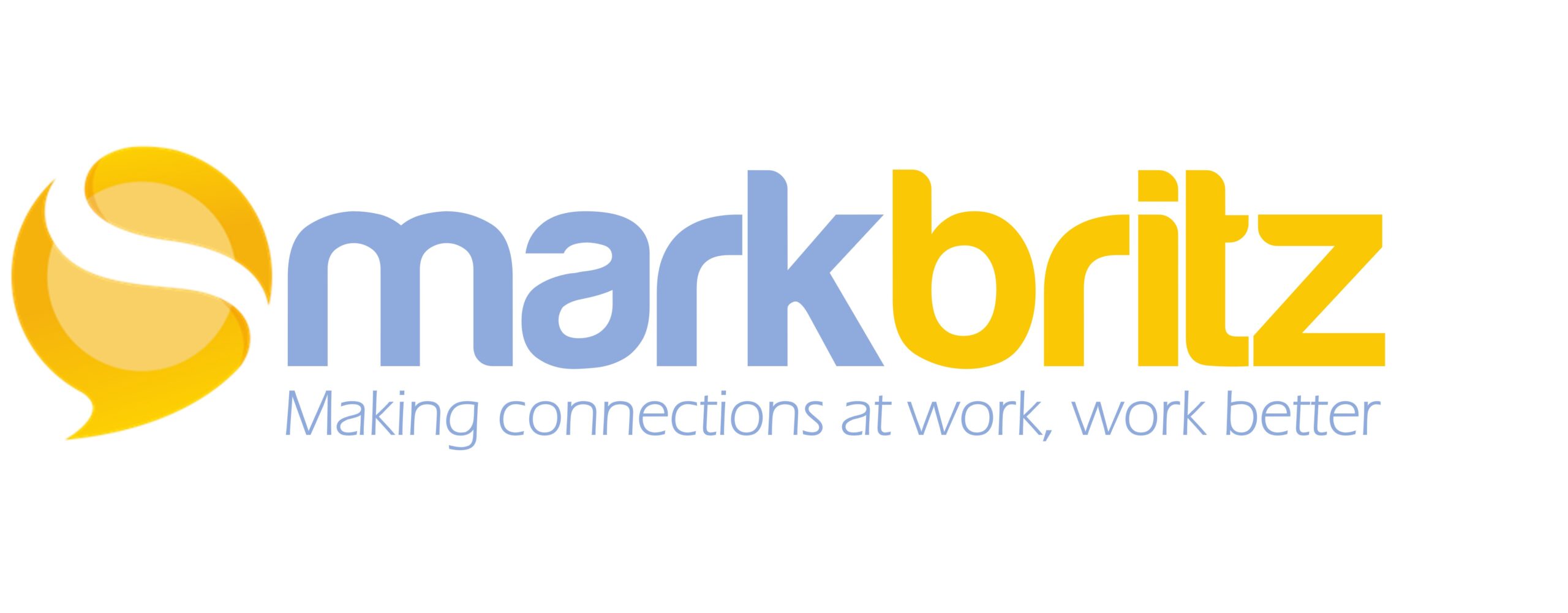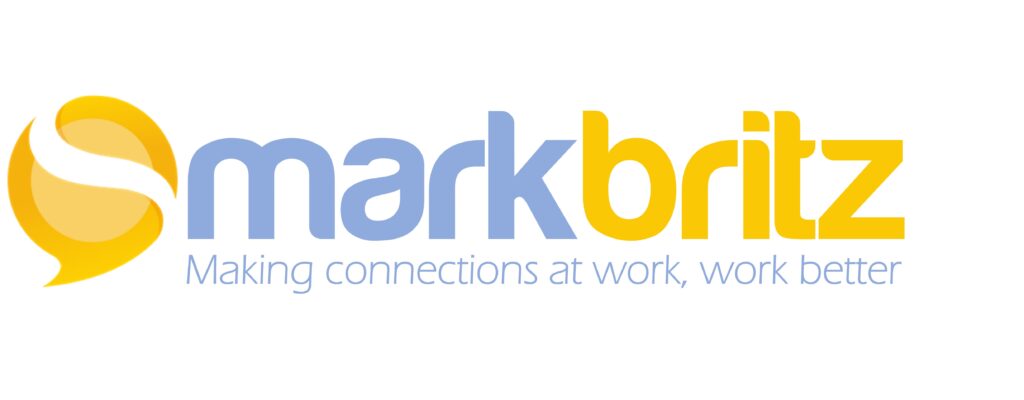It was unquestioned compliance systems that led to the birth of the LMS.
And rather than challenge this system, companies took the easy road and bought in and bought technology to address it (sound familiar?). From there, with lots of features & functions and space, they looked to move ALL types of training and even non-training content to this LMS. And why shouldn’t they, it’s expensive software! With a convenient tracking, housing and distribution tool, training and learning we’re now fused. The demand for content/courses to feed the beast gave rise to new rapid development tools that could build courses even faster and soon the hiring needs shifted away from people who deeply understood learning towards those that deeply understood how to build a course. Over time learning became seen as a product with the belief in this continually reinforced by expensive technology and a committed class of technologists with their own language. What a twisted mess.
This common tale should serve as an example because we have many systems in organizations we default to or simply accept from management to leadership, recognition and rewards, hiring, advancement, and IT’s role to name a few. And interestingly, it’s just one system change that could prevent bad systems from becoming entrenched like what we see in organizational learning. The system of communication.
Information, freely available with the ability to be acted upon by everyone (transparency and openness), is all that is needed so that systems are never left unquestioned.



